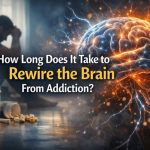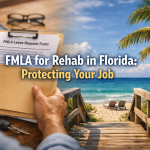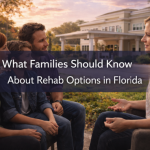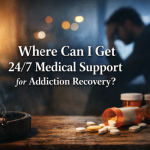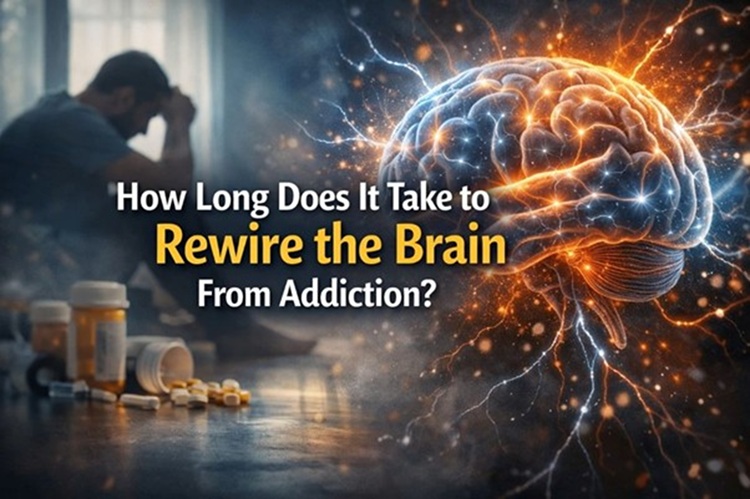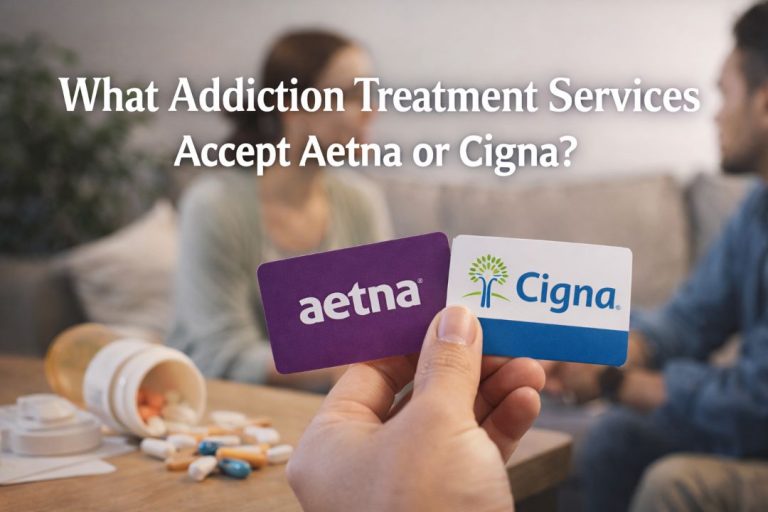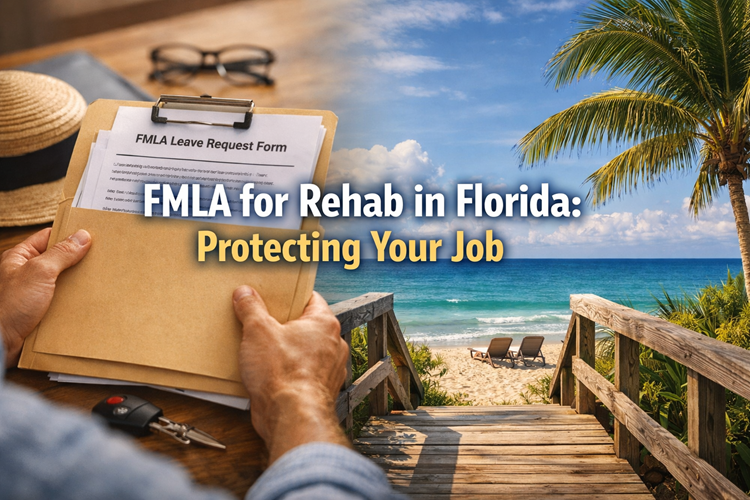The normal consumption of alcohol during social events gradually evolves into life-threatening medical conditions when individuals start overdrinking until their alcohol consumption becomes problematic. People often mix up alcohol abuse with alcoholism, yet these disorders maintain separate definitions. People can select accurate treatment and support options by distinguishing alcohol abuse from alcoholism. Life-threatening effects from excessive alcohol intake define alcohol abuse, but Alcohol Use Disorder (AUD) requires alcohol dependence to be labeled as a chronic disease.
Signs and Symptoms
The identification of alcohol abuse signs and alcoholism symptoms by most people makes possible their recovery journey. Alcohol abuse together with alcoholism displays equivalent attributes, but their symptoms help define each disorder.
Signs of Alcohol Abuse
- Drinking in excess regularly
- People who prefer drinking instead of finishing work duties, household chores, and school projects will progress to alcohol abuse.
- Vehicle operators who drink alcohol continue to take hazardous driving risks on multiple occasions.
- Drinking alcohol leads to criminal activities in individuals.
- Even with the negative consequences of drinking alcohol, the person continues drinking while symptoms reveal themselves.
- Some individuals occasionally encounter rare situations where memories fade away together with blackout experiences.
Symptoms of Alcoholism (Alcohol Use Disorder)
- Strong cravings for alcohol
- A person’s inability to control their alcohol use means they cannot keep themselves alcohol-free.
- Cessation of alcohol intake results in withdrawal symptoms that combine body shaking with sweating and nausea.
- The average body needs more alcohol to achieve the same alcohol effects when the individual builds tolerance.
- Drinking alone or in secrecy.
- The population ranks alcohol higher than their obligations and their professional responsibilities.
- Treatment facilities at alcohol abuse centers assist both victims of these symptoms and their affected family members.

What Causes Alcohol Misuse and Addiction?
Numerous factors trigger both alcohol abuse and alcoholism. The reason behind excessive drinking behavior exists in two opposing forces, where peer dependency shapes one group but biological and psychological traits create vulnerability for another group.
Common Causes of Alcohol Misuse
- The best predictor appears when someone has a family history of alcoholism, which substantially increases the chances of developing alcohol abuse.
- Public consumption of alcohol becomes a form of self-care for individuals who experience mental health conditions that include depression and anxiety and also have PTSD and additional psychiatric disorders.
- The continuous encouragement of heavy alcohol use during childhood development leads people toward greater risks of alcohol misuse problems later in life.
- The human tendency is to turn to alcohol when enduring prolonged periods of stress or enduring traumatic events.
- When community members allow alcohol use through peer social influence, people tend to drink excessive amounts of alcohol.
- External origins of alcohol abuse allow families as well as affected individuals to monitor and recover from alcoholism.

Are You at Risk?
- People experience distinct alcohol problem risks because their inheritances, psychological states, and lifestyle patterns differ.
- People encounter different types of risks that increase their risks of developing alcohol abuse problems or alcoholism.
- Every person faces a higher risk for alcohol use disorder development if they have direct familial connections to someone with this condition.
- Consuming alcohol during the initial phases of life increases the chances of developing alcohol-related health issues as adults.
- A stronger risk of alcohol dependence can develop in persons who have depression, bipolar disorder, or anxiety disorders because of their mental health conditions.
- People who interact with heavy drinkers in their social environment become at greater risk of developing alcohol-related issues due to the presence of such behavior.
- People who demonstrate impulsivity alongside risky actions and bad stress management abilities establish settings more likely to lead to alcohol misuse complications.
- Individuals who detect elements of these risk factors within themselves or someone they care for should seek help right away to stop their alcohol abuse from turning into alcoholism.
Alcohol Detox and Rehabilitation Options
Treatment success for alcohol addiction consists of three essential stages: detoxification comes first, while therapy follows, and then long-lasting rehabilitation completes the process. Different forms of alcohol abuse treatment correspond to the extent of someone’s alcohol consumption disorder.
Alcohol Detox
Drinking alcohol dependency must initiate detoxification steps for patient recovery to begin. Medical supervision must be present during alcohol detoxification due to the wide spectrum of symptoms that may manifest as mild anxiety or potentially dangerous seizures and delirium tremens (DTs). Medical supervision for determining alcohol abuse severity becomes crucial during detoxification since it safeguards patient safety and comfort levels.
Alcohol Rehabilitation Programs
- The inpatient programs delivered by residential treatment centers unite intensive care services and treatment support operations.
- The therapy services of outpatient treatment let patients maintain their regular commitments throughout their treatment duration.
- Patients undergoing MAT receive alcohol abuse medications Naltrexone and Disulfiram to handle cravings and prevent alcohol relapse situations.
- Cognitive-behavioral therapy (CBT) and motivational interviewing enable effective treatment of addiction-related psychological issues because they constitute behavioral therapy methods.
- Through Alcoholics Anonymous (AA) recovery, members can receive a supervised program that combines structured treatment plans delivered by peer support networks.
- People should select alcohol abuse treatment according to their diagnosis level, personal habits, and individual treatment needs.
The Orlando Treatment Solutions Facility Provides Assistance for Recovery
Professional centers that offer prescription treatment stand as the primary solution that enables recovery from alcohol addiction and alcohol abuse problems. The treatment programs at Orlando Treatment Solutions have customized programs to meet the needs of every individual patient. Medical safety supervision by expert staff guides patients toward addiction treatment plans to gain independence while ensuring patient medical safety.

Why Choose Orlando Treatment Solutions?
- Compassionate and experienced medical professionals.
- Individualized treatment plans.
- Alcohol detox patients at Orlando Treatment Solutions receive safe care through supervised medical facilities under the leadership of our medical staff members.
- Evidence-based therapy and counseling.
- Long-term recovery support
You should seek help before alcohol abuse causes noticeable deterioration in your life quality. Getting help now will show you the way to a successful recovery process that is beginning today. Call us at (321) 415-3213 or visit Orlando Treatment Solutions to reach staff members who will assist your recovery process.







